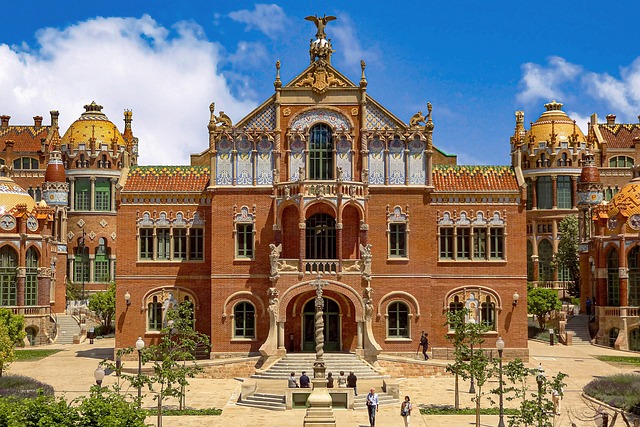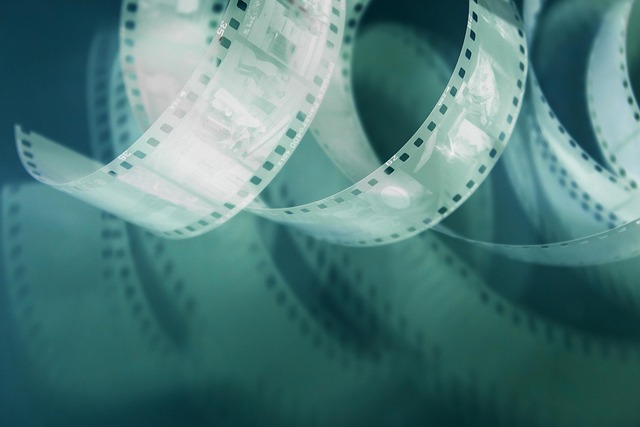Modernism, a cultural movement that emerged in the late 19th and early 20th centuries, has profoundly influenced various artistic fields. One of the arenas where its impact is particularly pronounced is in film. As society evolved through industrialization and urbanization, filmmakers began to experiment with form and structure, embedding the essence of modernism into their narratives.
The entertainment industry has always served as a mirror reflecting the cultural zeitgeist. The shift towards modernism in film saw a move away from traditional storytelling techniques, embracing fragmentation, non-linear narratives, and a focus on subjective experiences. This transition can be traced back to the works of pioneers like Sergei Eisenstein and Jean-Luc Godard, who pushed boundaries, challenging viewers to rethink their perceptions of cinema. The modernist lens allowed filmmakers to represent the chaos and uncertainty of contemporary life, creating a more immersive experience that resonated with audiences.
But modernism in film doesn’t stop at narrative. It resonates throughout various facets of the entertainment world, including concerts and festivals that celebrate cinema as an art form. Film festivals like Cannes and Sundance not only showcase groundbreaking modernist films but also serve as platforms for new voices in storytelling. These events foster a sense of community, where artistry meets innovation, celebrating the very essence of modernism—a break from the past to embrace the new.
Furthermore, the music industry intertwines with film in a way that echoes modernist ideals. The soundtracks of modernist films often reflect the avant-garde spirit, with composers experimenting with dissonance and unconventional structures. Filmmakers like David Lynch have redefined the auditory experience in cinema, blending music and sound to transport audiences into dreamlike, surreal realms. Just as modernist composers sought to redefine music, filmmakers have embraced similar methodologies to craft auditory experiences that resonate on multiple levels.
As we explore this impactful genre, it’s essential to recognize how modernism has woven its way into the fabric of cinema, encouraging a fusion of mediums and challenging traditional boundaries. The dialogues born out of such experimentation have not only enriched the film landscape but have also influenced subsequent generations, encouraging them to question, explore, and innovate.
Thus, in modernism, we find a celebration of the ever-evolving nature of art. With each festival, concert, and film premiere, audiences are invited to engage with stories that challenge conventions and provoke thoughtful conversation. It invites everyone to step into a world where the familiar transforms into the extraordinary, echoing the transformative power of modernist ideals. So, whether you’re watching a daring indie film at a local festival or losing yourself in a concert that blends visual and auditory artistry, you’re experiencing the indelible mark of modernism, forever shifting the landscape of our entertainment industry.



